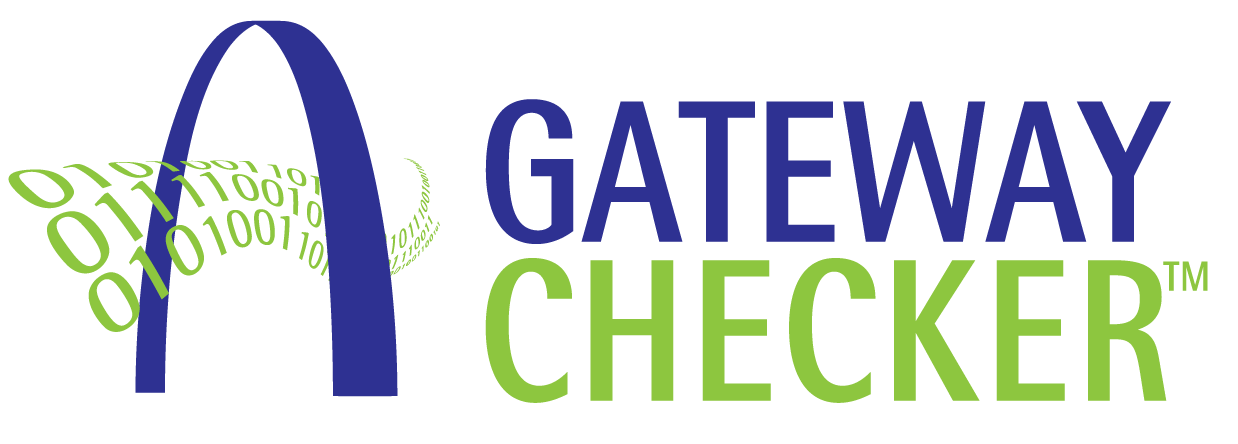Reform Will Have to Wait
In dramatic fashion, previously anticipated reform centered around pharmacy benefit managers was not a part of Congress’s end-of-year spending bill. As mentioned in my last post, this PBM reform included a ban on spread pricing and de-linking PBM fees from the list price. Advocates for reform emphasize how these measures would have eliminated incentives for PBMs to recommend higher-priced medicines over lower-cost substitutes, saving patients money.
A Surprising Outcome
The exclusion of this legislation came as a surprise to many, considering the reform had the support of both parties, including current president Biden and president-elect Trump. The National Community Pharmacists Association (NCPA) described the stripping of PBM reform from the bill as a “missed opportunity”, claiming Congress had “fumbled a chance to rein in big insurance and PBMs and save taxpayers billions.”
The chief executive of the NCPA, Douglas Hoey, followed up on his organization’s statement, claiming the proposed reform “would rein in the big health insurance lobby, save taxpayers $5 billion, and throw a lifeline to the thousands of small, family-owned pharmacies that are on the brink of closure.” Such a claim lies in accordance with the findings of the Federal Trade Commission, which recently published a report emphasizing how antic-competitive actions of PBMs have significantly driven up the cost of prescription drugs.
An Oligopolistic Industry
With three of the largest PBMs managing nearly 80% of all prescriptions in the United States, the bargaining power of these organizations over prices and patient access is immense. Nearly three in ten Americans report rationing or skipping doses of their prescribed medicines due to the cost, which can be in attributed in major part due to PBMs. Furthermore, these PBMs yield immense power over independent pharmacies, including Yough Valley Pharmacy (which we highlighted last week), which was forced to close its doors as a result of PBMs.
These PBMS impose contracts upon smaller pharmacies that are often unfair and harmful to their business; however, given the size and power of these companies, independent pharmacies are often left with no other choice. According to the FTC report, between 2013 and 2022, ten percent of independent retail pharmacies in rural America were forced to close, with PBM practices a major contributor to these closings.
When Will Reform Materialize?
Considering the bi-partisan nature of the reform, it’s likely PBM legislation will make its return to political agendas sooner rather than later. However, the extent to which these reforms will help address the issue is still ambiguous. Opponents to this reform argue PBMs will simply extract revenue from patients and pharmacies in other ways, such as via higher administrative fees. Nonetheless, considering the high-rate of independent pharmacy closure and the sharp rise in prescription drug prices, change is clearly necessary.
What do you think about PBM reform? What do you think its exclusion from the stopgap spending bill means for PBMs, pharmacies, and patients?

